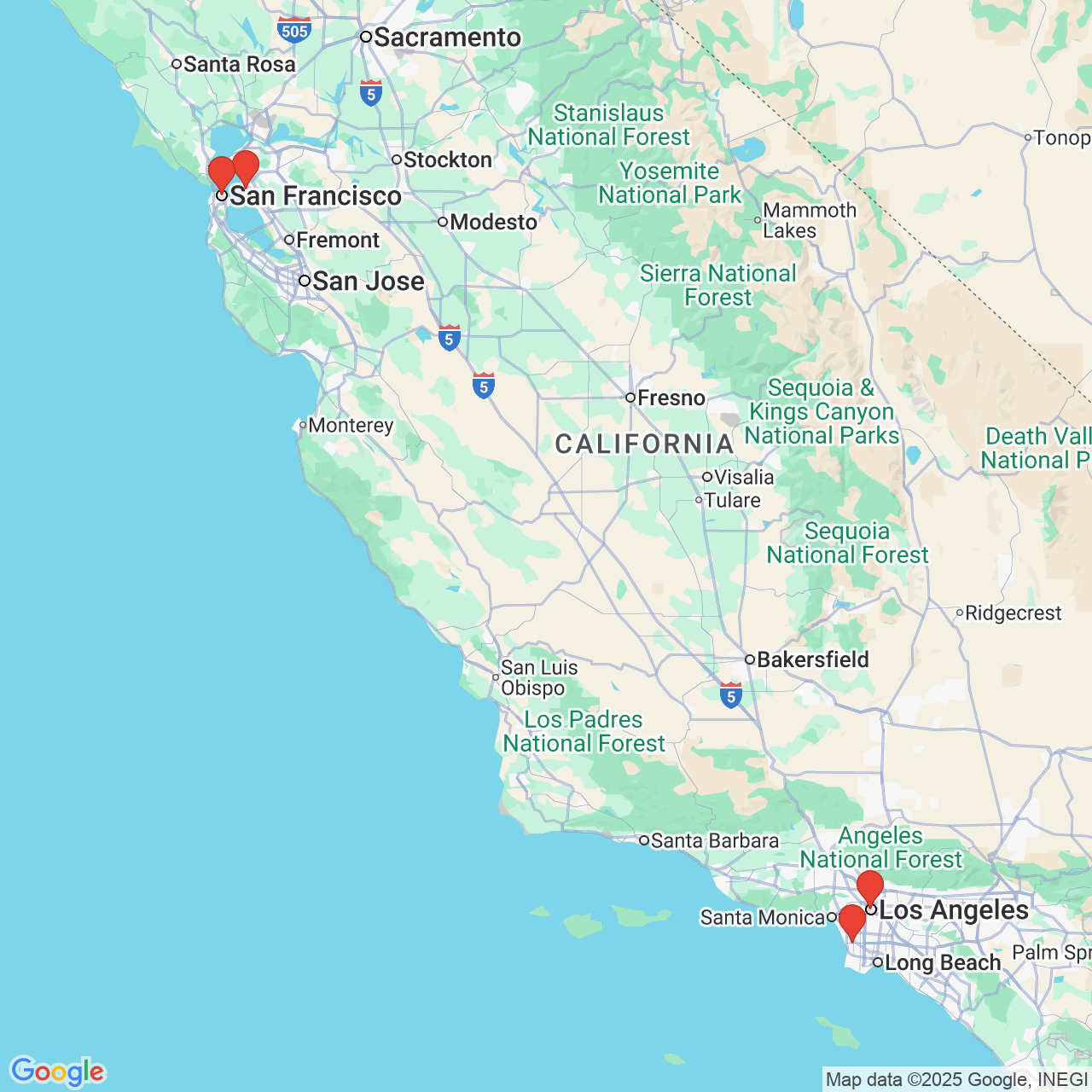Description
California law protects workers with disabilities from discrimination and unfair treatment. If you’ve been denied reasonable accommodations or faced retaliation for asserting your rights, the Dolan Law Firm is here to help. Contact our workplace rights lawyers for legal guidance and advocacy.
View transcript
California has strong laws
protecting the rights of disabled persons.
They're contained
within California Government Code
Section 12926.
That says anyone who employs
five or more persons cannot discriminate
against a person with a disability,
someone who's had
an experience with a disability,
someone who's associated
with a person of a disability,
or someone has a record of disability.
Disability includes anything that affects
one or more major life activities.
Certain examples
are physical disabilities,
cosmetic disfigurement,
anatomical loss
of a limb or other body part,
psychological disorders,
or having a history
of any of these diseases.
It has to affect one or more
of the following body systems:
the neurological system,
the immunological system,
the musculoskeletal system,
special sense organs,
the respiratory system,
speech, vision, hearing,
the ability to reach, stand, sit,
cardiovascular system,
the reproductive system,
the digestive system,
the blood system, and skin,
and any type of endocrine system problems.
Now, this is protected
not only for actual disabilities,
but an employer
can't discriminate against someone
based upon a perceived disability.
Major life activity is described
as covering a broad range of things.
It can be anywhere
from just the ability to work,
to read, personal care,
to lift, to walk, to sit,
anything that might otherwise indicate
that a person has
less than the full capacity
to do their job.
The law says
that if an individual with a disability
can perform
the essential functions of their job,
that the employer must make
an accommodation to allow them to do so.
There are a number of different items
that can be considered as accommodation,
including a shortened workday,
working from home, or taking time off.
Now, an employer has to engage
in a good-faith interactive process
with an employee.
That means that they have to offer,
you have to request,
and there's a discussion back and forth
to see if something can be found
that would help
the worker achieve their job.
But the employer
doesn't have to do something
that would create an undue hardship.
They don't have to create a job.
They don't have to go out
and spend millions of dollars.
But an accommodation
could be restructuring
so that some of the job functions
may be handled by another person.
An undue hardship is something
that requires
significant difficulty or expense
when considered against the size
of the company and its resources.
Unlimited time off
is not a reasonable accommodation,
nor is reassignment
to a different supervisor.
You can't ask for a different supervisor
as an accommodation.
There are other things that you can do,
but choosing who your boss
is generally not something considered
to be a reasonable accommodation.
An employer cannot ask
about accommodations or disabilities
as part is part of the interview process.
Only after a job
has been offered and accepted
can an employer ask whether the employee
would require any type of accommodations.
There are strict prohibitions
against retaliation for asking.
Additionally, anyone who makes a complaint
or participates in an investigation
is protected from retaliation.
If it has found that the law is violated,
an individual who is affected
has the right to bring a lawsuit
and to recover certain types of damages.
Those include economic damages.
It can include non-economic damages
such as pain, suffering,
humiliation, and emotional distress.
Under some conditions,
if the employer is what we call malicious,
punitive damages may be recovered.
I've handled a number
of trials in numerous cases
pertaining to disability discrimination.
If you're having a problem,
please contact us at:
dolanlawfirm.com.


































